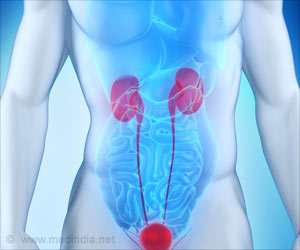
‘Terms 'end-stage kidney disease' can cause undue distress in patients. Terms may also inadvertently imply impending death and be stigmatizing. There was also frustration, uncertainty, and fear because some terms were confusing and ambiguous.’
Tweet it Now
The study included 54 patients with CKD and 13 caregivers from the United States, United Kingdom, and Australia who participated in 10 focus groups to discuss terms for kidney health (including kidney, renal, CKD, end-stage kidney disease, kidney failure, and descriptors for kidney function). The researchers identified 4 themes:
provoking and exacerbating undue trauma (fear of the unknown, denoting impending death, despair in having incurable or untreatable disease, premature labeling and assumptions, judgment, stigma and failure of self);
frustrated by ambiguity (confused by medicalized language, lacking personal relevance, baffled by imprecision in meaning, opposed to obsolete terms);
making sense of the prognostic enigma (conceptualizing level of kidney function, correlating with symptoms and life impact, predicting progression and need for intervention); and
mobilizing self-management (confronting reality, enabling planning and preparation, taking ownership for change, learning medical terms for self-advocacy, educating others).
The authors noted that some patients despised the term "pre-dialysis" because it was unnecessarily precipitating the need for dialysis--"it assumes you know what the future holds." Others interpreted kidney "failure" to mean that their "physical existence is failing," or they had "done something wrong." Some also perceived the term "end-stage" to mean the "end of a healthy life, the end of a positive mindset," and initially thought there was "nothing you can do about it."
Using consistent and meaningful language that patients can understand may help to improve patients' health and satisfaction.
An accompanying editorial by Paul T. Conway (American Association of Kidney Patients) addresses kidney specialists, stating, "If our shared agenda is to have more patients to participate in clinical trials and research, take better care of themselves, and become more involved in advancing policies that support innovation and research--ask yourself a simple question: did the last conversation I have with a patient inspire confidence that their kidney disease is manageable and that their unique patient insights are valuable and needed in the fight to help save other patients?"
Source-Eurekalert















